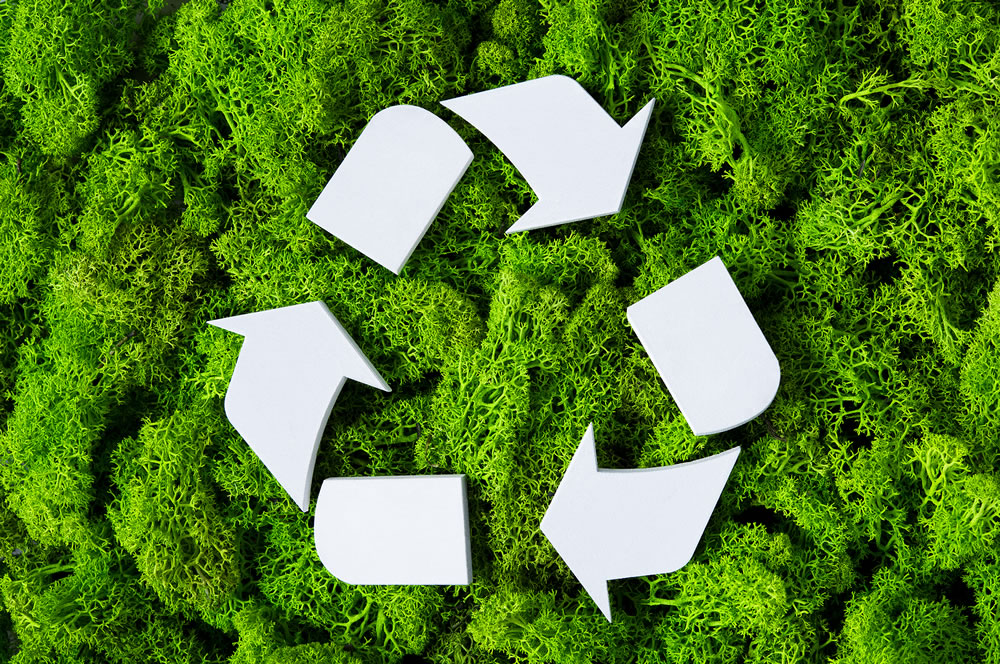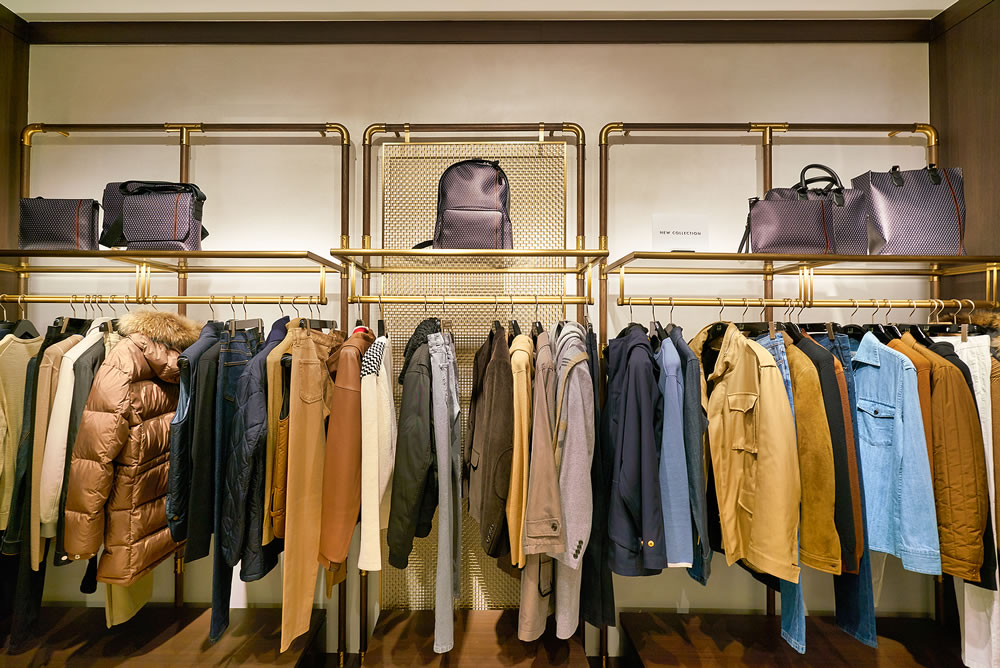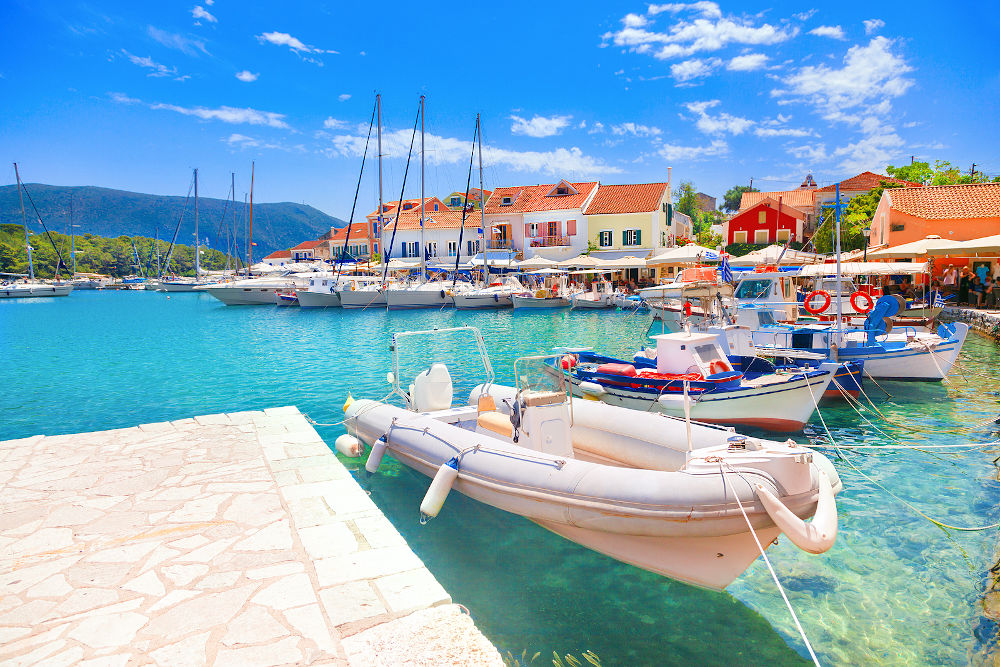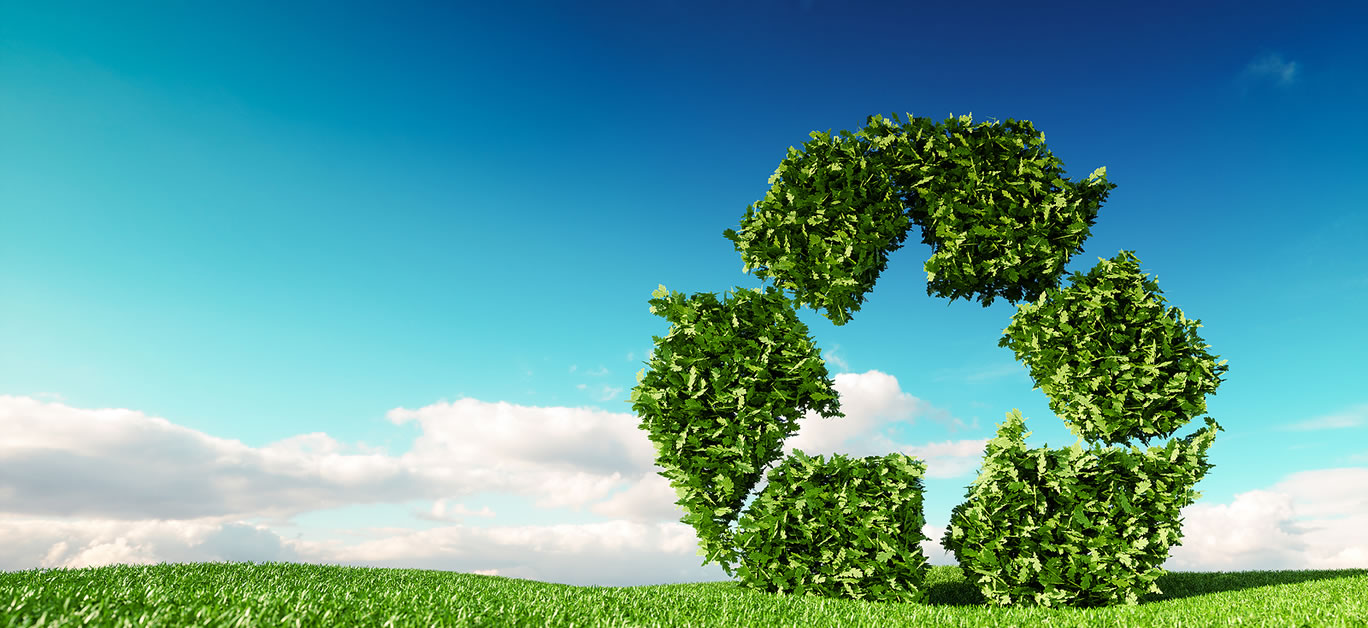Climate change has been a hot topic over the past few years, and although things might have been a little quieter on that front thanks to the ongoing global Covid-19 pandemic, the issue is more pressing than ever. At this point in time, it’s our individual responsibility to do what we can to live in a more eco-conscious and sustainable manner, but doing so can often feel like an overwhelming task. After all, how can one person make a difference on a planet that is home to 7.5 billion people, many of whom have yet to take note of the importance of this vital issue?
Actually, you can make a bigger difference than you think. We don’t need a few people doing things perfectly; we need billions just to try. And, if you can have a positive influence on just one person, who might then go on to have an influence on someone else, you can create a ripple of change that will spread far wider than you could have imagined.
The issues facing our planet aren’t just limited to climate change – albeit that one is certainly the largest – but smaller yet still devastating ones such as plastic pollution and over-fishing. But the good news is, with a few simple tweaks to your everyday life and the activities and pursuits you partake in, the small changes you make will add up to make a big difference.
So, if you make one New Year’s Resolution for 2021, make it this. And, to help you get started, we’ve rounded up some of the easiest ways to start.
Reduce, reuse, recycle

The three Rs are an easy way to start reducing your environmental impact, and if you watched Blue Planet II documentary by David Attenborough or any of his work since then, then the chances are that you might already be somewhere on this path.
For those who aren’t familiar, the best thing you can do in terms of plastic pollution is to reduce your consumption of single-use plastics as much as possible, because plastics are notoriously difficult to recycle.
Try bringing your own refillable coffee cup for your morning latte instead of accepting a daily takeaway cup, which more often than not, still come with plastic lids, or buying from a more eco-conscious café as opposed to the larger chains. Avoid buying plastic water bottles, and refill a stainless-steel bottle at home each day instead. Look for the hidden plastics in unexpected places, such as cotton pads and teabags, and look to replace with plastic-free and sustainable alternatives.
Re-use items of packaging where possible. For example, empty glass jam jars can be used to store coffee, teabags or homemade preserves. Empty glass bottles can be used to carry your daily smoothies into work, or to store homemade nut milk.
Where reducing simply isn’t possible, be sure to recycle as much of your home waste as you can. Wash and sort your waste at home, and make sure to take advantage of the office recycling bins, too. If your company or employer has yet to prioritise recycling, then talk to them about it and see if you can persuade them to make a change.
Ditch fast fashion

As if you needed much more of an excuse to buy only luxury designer products, doing so could actually be much better for the environment. By investing in quality, timeless wardrobe staples that will last for years to come, you can substantially reduce your carbon footprint, as well as reducing the demand for fast fashion, which uses poor quality materials and potentially toxic dyes which make their way into our waterways and our ocean.
Premium fashion is typically far more durable and long-wearing – and the brands that make them are often more eco-conscious, too. Look for brands which prioritise sustainable processes from design to delivery.
If you have a wardrobe through of designer goods you no longer wear, then donate them to charity and allow someone else the chance to enjoy them. By doing so, you’ll be reducing overall consumption and the demand for new fashion, thus having a positive impact on our planet.
Travel more sustainably

If you’re a regular jet-setter then be sure to offset your flights to balance your carbon footprint. Many airlines now offer a carbon off-setting programme whereby a certain number of trees will be planted to reduce your environmental impact, and while it’s not a perfect solution, every little helps.
Where possible, choose to travel by land or sea instead, and make sure to stay at eco-hotels and frequent establishments that take their eco-credentials seriously. Choose more eco-friendly types of personal transport where possible – electronic vehicles are a good option, while cycling will be a great choice for certain journeys. Diesel was once considered a better alternative to petrol but is now getting fazed out with diesel emission claims becoming ever more apparent.
If you’re visiting the beach, take a litter picker along with you and take five minutes out to do a beach clean. It might not be the most glamorous of pursuits, but it will keep those paradise destinations looking their best for longer, whilst protecting marine life from the dangers posed by plastic pollution, too.
Living more sustainably in 2021 doesn’t have to mean foregoing your luxuries or giving up your lavish lifestyle – it just means making more conscious decisions along the way. With a few small changes, you can dramatically reduce your impact on the planet, and do your bit for its future.






















